This draft aims to overcome shortcomings in current regulations, ensure fair rights and demonstrate the commitment of the Party and State in developing the team of teachers andeducational managers.
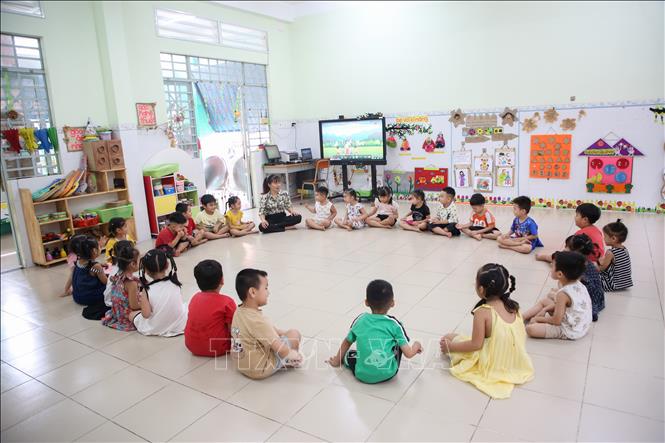
Point out the shortcomings
According to the Ministry of Education and Training , the implementation of preferential allowances according to profession for civil servants and employees in the education sector currently still has some shortcomings.
For preschool teachers, the total income is not commensurate with the specificity and complexity of their professional activities. Preschool teachers have to care for and educate children from 3 months to 6 years old, requiring high concentration to ensure safety and attract children's attention, often working 9-10 hours/day... However, their income is the lowest compared to other levels of education (starting salary coefficient 2.10, allowance 35%, total income about 6.63 million VND/month), leading to a high rate of resignation, with 1,600 preschool teachers quitting their jobs from August 2023 to April 2024, accounting for 22% of the total number of teachers quitting their jobs.
For teachers of preparatory schools, the preferential allowance according to the profession is not fair compared to teachers of ethnic boarding schools, although the complexity of the work is similar (managing, caring for boarding students, organizing activities to preserve and develop ethnic cultural heritage), there is a salary scale applied to each professional title level. Currently, the preferential allowance for teachers of preparatory schools is 50% and for teachers of ethnic boarding schools is 70%.
In addition, the current legal system is still overlapping, lacking synchronization, and inconsistently applied among localities. The criteria for determining socio-economic areas are still different, causing inadequacies in the application of allowances. Changes in administrative units over the years (separation, merger) are not updated promptly, causing difficulties in implementing policies. Localities also apply different allowance levels due to different understandings of the areas of benefit, for example, for the same city teachers, some places pay 35%, others 50%. Some localities still pay preferential allowances at the old level even though the commune has met the new rural standards and changed areas.
At the same time, school staff currently do not enjoy preferential allowances according to their profession; positions of laboratory equipment officers, teaching staff, and disabled education support staff have only one rank, so there is no opportunity for promotion to professional titles. With the current income level and job requirements, educational institutions find it difficult to recruit full-time staff positions to support teaching and learning activities.
The Ministry of Education and Training believes that the above shortcomings reduce motivation to stick with the profession, affecting the quality of education and the stability of the education sector's human resources.
Notable new features
The draft Decree regulating preferential allowances according to profession for civil servants and employees in public educational institutions is built on the basis of inheriting the relevant regulations of Decision No. 244/2005/QD-TTg and Joint Circular No. 01/TTLT-BGD&DT-BNV-BTC, while adjusting and supplementing many important contents.
The new draft Decree expands the scope of application to all civil servants and employees (including interns, probationers, and contract workers) at public educational institutions in the national education system, except for institutions under the Ministry of National Defense, the Ministry of Public Security, and key agencies.
The proposed adjustment of the preferential allowance by profession is as follows:
For preschool teachers, the allowance will increase from 35% to 45% in favorable areas and to 80% in areas with especially difficult socio-economic conditions, to accurately reflect the complexity and pressure of the work.
Teachers at preparatory schools have their allowances increased from 50% to 70%, equal to those of teachers at ethnic boarding schools, ensuring fairness for similar tasks.
School staff receive additional allowances for the first time, with 15% for support and service positions (library, clerical, etc.), 20% for shared professional titles (accounting, medical, etc.) and 25% for specialized titles, in recognition of their important role.
Regarding the basis for determining the allowance level, Decision 244/2005/QD-TTg determines the allowance level mainly based on the level of education, type of school and working area (plains and mountainous areas, islands, remote areas). However, the new draft Decree determines the allowance level based on the group of job positions (support, shared expertise, specialized professional titles) combined with the level of education, type of school and working area.
The current calculation of allowances is based on the salary according to the grade, rank, plus the leadership position allowance, and the seniority allowance beyond the framework (if any). In the new draft Decree, the calculation is regulated more specifically, including the reserved difference coefficient (if any) and the calculation for employees who do not receive salaries according to the coefficient.
The new draft Decree also clearly lists cases that are not eligible for allowances, such as: time spent on business trips or studying abroad receiving 40% of salary, time spent on continuous suspension from work for 1 month or more, time off work receiving social insurance benefits (except for illness and maternity), and other time off exceeding regulations.
The draft adds detailed regulations on allowances in cases of secondment, receiving multiple types of allowances or multiple levels of allowances in the same Decree (only receiving the highest level), changing the classification of administrative units, working at schools with multiple levels of education, working in inter-schools, teaching at multiple school locations, and non-pedagogical officials participating in teaching at pedagogical schools. These regulations are not clearly stated in Decision No. 244.
The issuance of this Decree will create a legal corridor for localities to implement policies in a synchronous and fair manner, contributing to improving the quality of education, retaining human resources and promoting the sustainable development of the Vietnamese education sector.
Source: https://kontumtv.vn/tin-tuc/van-hoa-the-thao/de-xuat-tang-phu-cap-voi-giao-vien-mam-non-truong-du-bi-dai-hoc



![[Photo] Readers line up to visit the photo exhibition and receive a special publication commemorating the 135th birthday of President Ho Chi Minh at Nhan Dan Newspaper](https://vphoto.vietnam.vn/thumb/1200x675/vietnam/resource/IMAGE/2025/5/17/85b3197fc6bd43e6a9ee4db15101005b)
![[Photo] Nearly 3,000 students moved by stories about soldiers](https://vphoto.vietnam.vn/thumb/1200x675/vietnam/resource/IMAGE/2025/5/17/21da57c8241e42438b423eaa37215e0e)










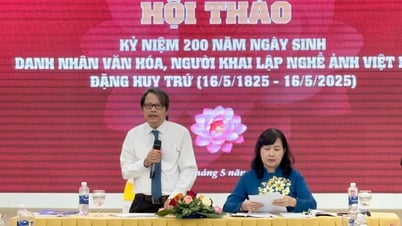







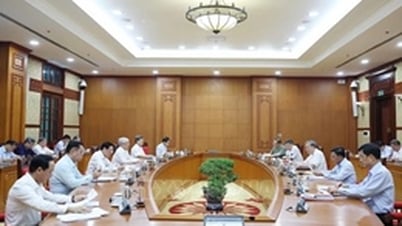

























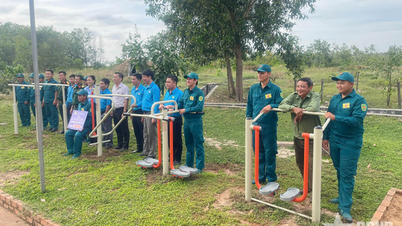
















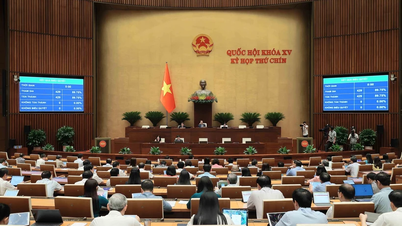












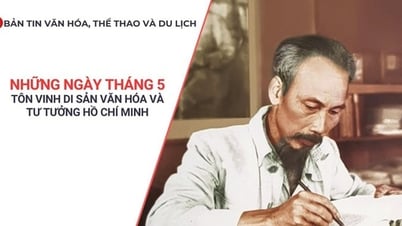




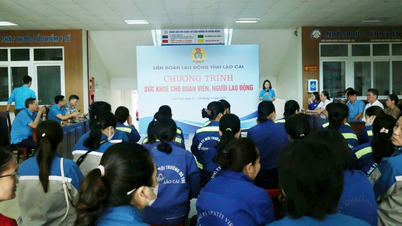












Comment (0)